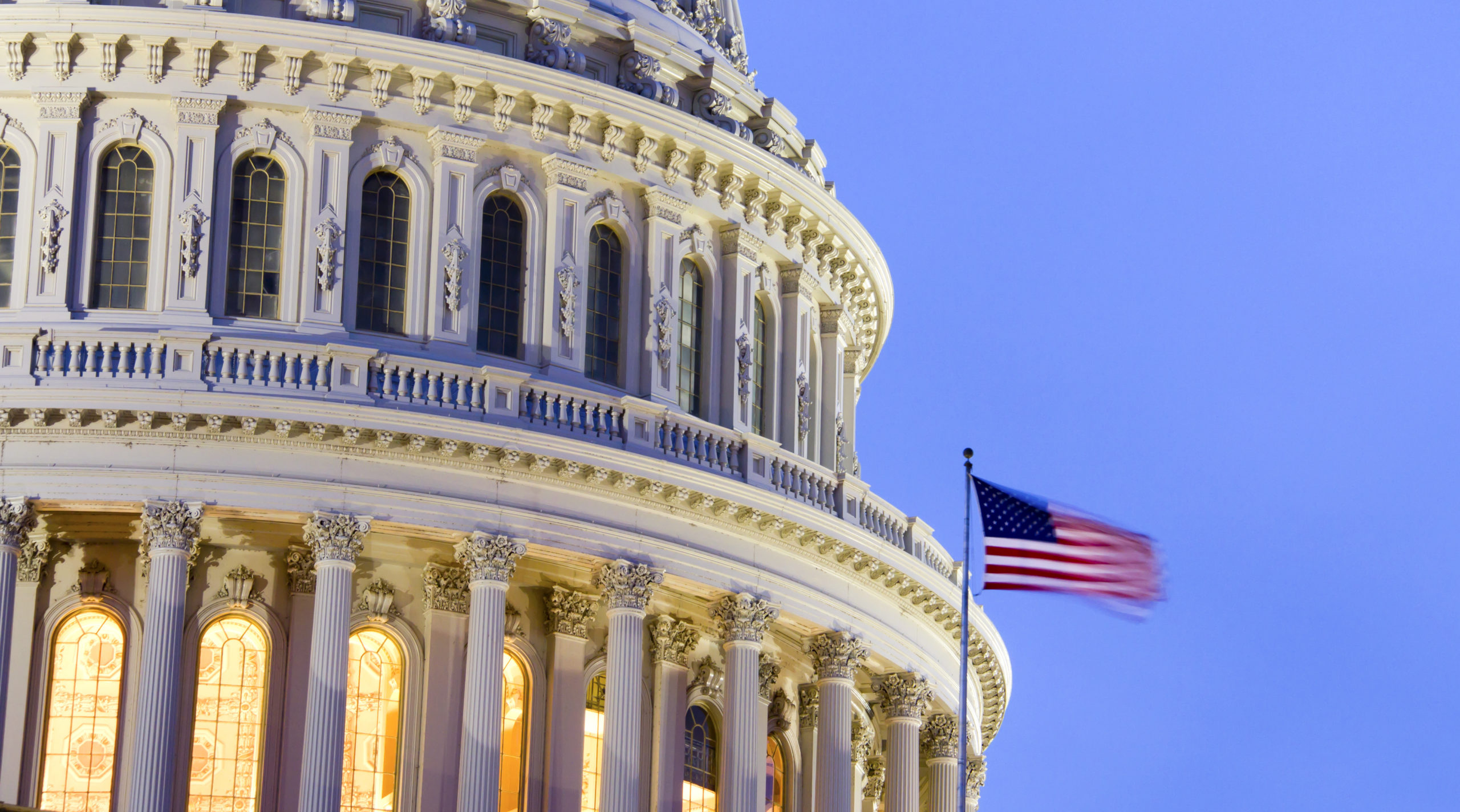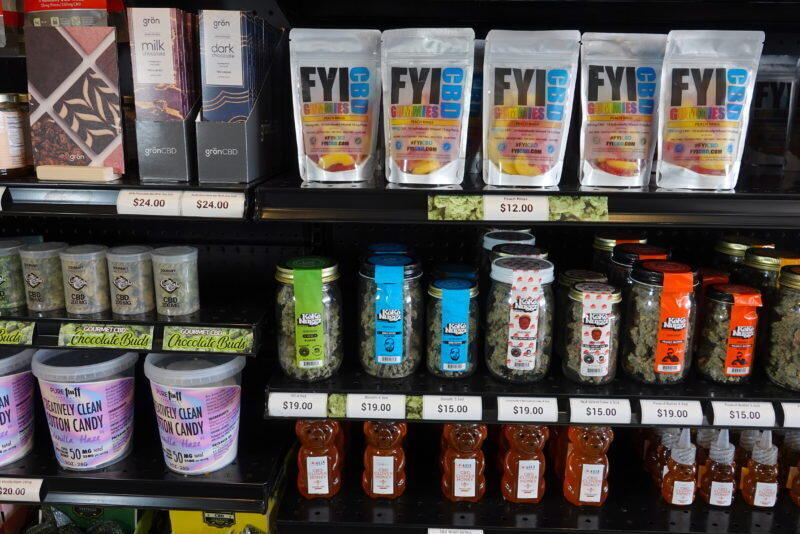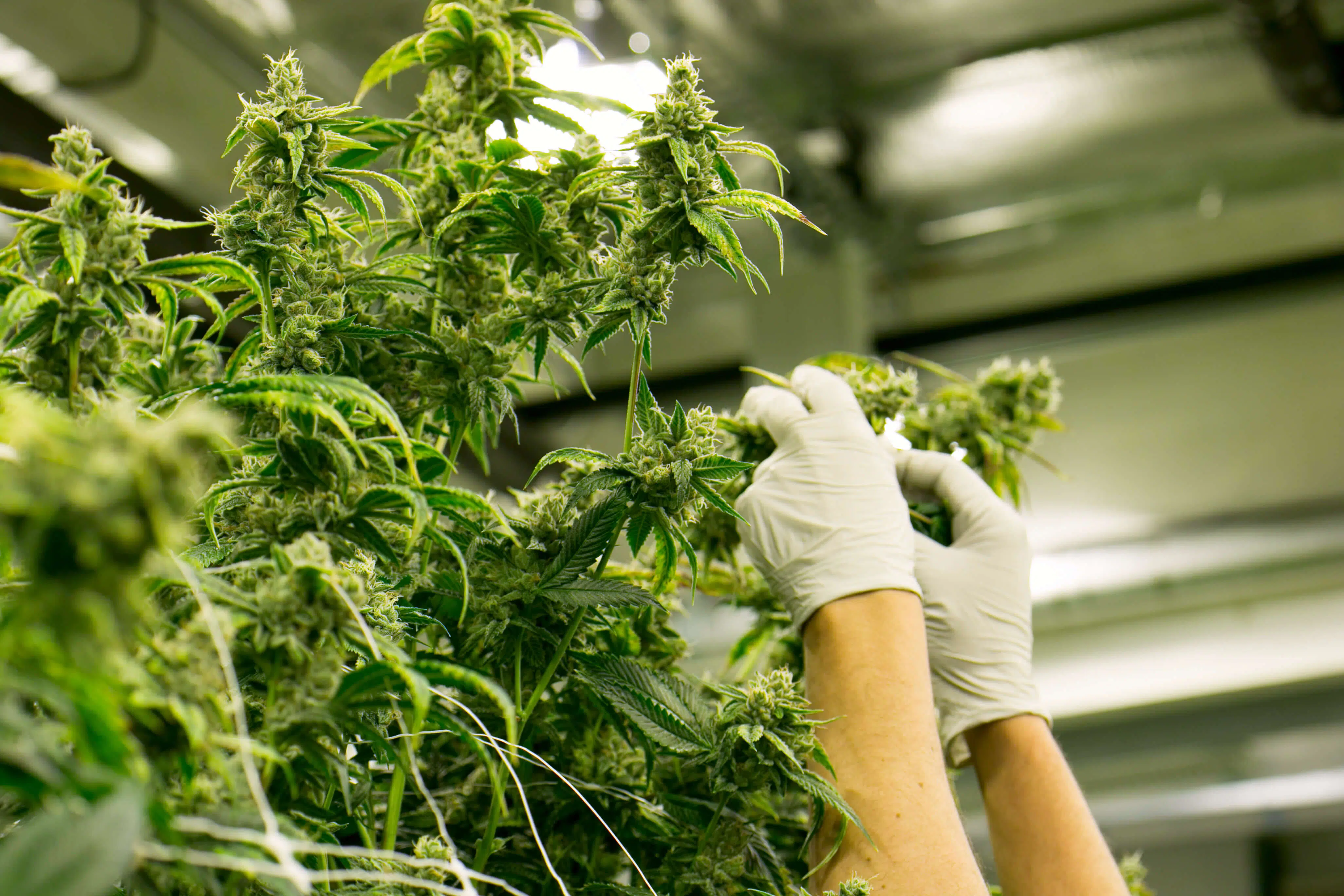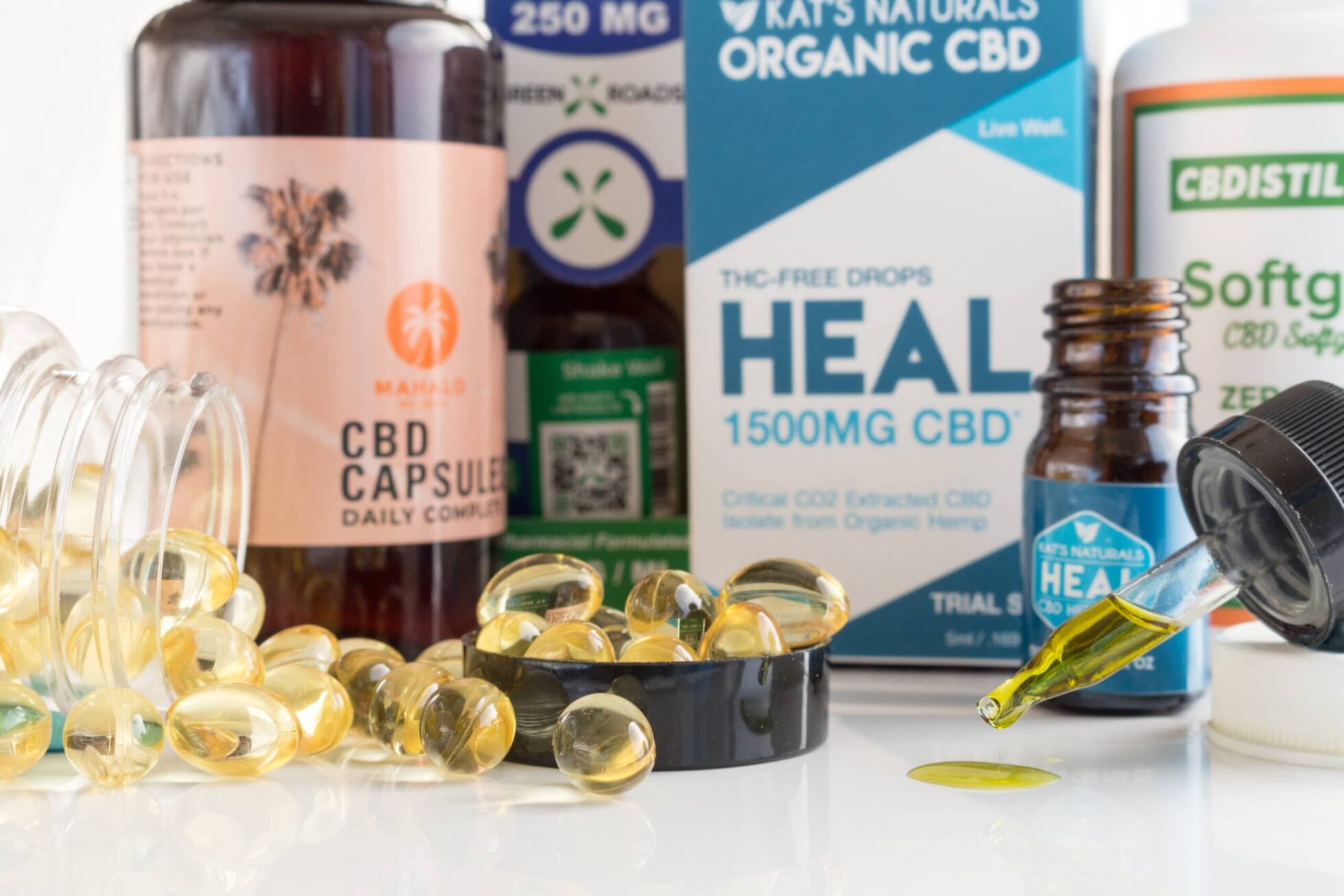-
- Market Research
- |
- CBD Near Me
- |
- Giveaways
- |
- Newsletter
- |
- Contact
- |
- Advertise
- |
CBD News Roundup: Newly Proposed Bill Aims to Fully Legalize CBD in Food and Dietary Supplements


Here’s the latest CBD news:
- A potentially game-changing bill that would allow CBD into food and dietary supplements has just been brought before the senate.
- California clarifies their position on CBD in cosmetics, effectively banning it from use pending federal regulation.
- The Federal Trade Commission has settled a case against Arizona-Based Kushly LLC for misleading CBD health claims.
- UC San Diego will conduct a study examining CBD and THC treatment potential for acute migraine symptoms.
Newly Proposed Bill Aims to Fully Legalize CBD in Food and Dietary Supplements
A bipartisan bill proposed jointly before Congress by senators Rand Paul (R-KY), Jeff Merkley (D-OR), and Ron Wyden (D-OR), aims to bridge the gap between the 2018 Farm Bill and the legalization of CBD in dietary supplements and food.
The Hemp Access and Consumer Safety Act proposes to amend several clauses in the Federal Food, Drug, and Cosmetic Act to allow “hemp, hemp-derived cannabidiol, or a substance containing any other ingredient derived from hemp” to be used in dietary supplements.
The Hemp Access and Consumer Safety Act also calls for labeling and packaging requirements for foods and supplements that would contain hemp-based ingredients, as well as “additional enforcement actions” for products that do not comply with labeling requirements.
This bill could be monumental for CBD consumers and brands alike, especially as the FDA continues to delay regulation, so we’ll be sure to follow its journey through Congress closely.
The California Department of Public Health Bans Hemp-Infused Cosmetics
Citing cannabidiol’s presence in an approved prescription drug product and its current FDA status as an unapproved additive, the California Department of Public Health (CDPH) has just cracked down on the use of cannabidiol in cosmetic products.
According to this recent statement by the CDPH, “California’s Sherman Food and Drug Law provides that any food (which includes beverages and pet food) is adulterated if it is, bears, or contains any food additive that is unapproved, and that a cosmetic (which includes lotion and salves) is adulterated if it bears or contains any poisonous or deleterious substance that may render it injurious to users…”
The document goes on to explain that hulled hemp seed, hemp seed protein, and hemp seed oil are the only hemp-based products that have achieved Generally Recognized as Safe (GRAS) status, and as such will remain the only hemp-based ingredients allowed in food and cosmetic products as long as the FDA maintains its current approach to CBD and hemp.
FTC Penalizes Yet Another CBD Brand for Misleading Health Claims
The U.S. Federal Trade Commission (FTC) has just settled a case they opened against Kushly Industries LLC, an Arizona-based CBD brand, for making misleading claims about the health benefits of their CBD product.
The language in the official complaint echoes that of the six very similar cases the FTC has opened against brands in recent months, citing several excerpts from Kushly.com content, one of which stated “Many scientists and doctors have stated that CBD can help with various diseases…chronic pain, skin diseases, anxiety and depression, diabetes…”
In the agreement and consent order, the FTC prohibits Kushly from claiming that any CBD products they develop “effectively treats, mitigates, or cures diseases or health conditions,” going on to list more than two dozen common disorders.
Kushly also agreed to pay $30,583.14 to the FTC.
As CBD companies and consumers continue to trip over the barely visible lines in the sand, pressure increases on the FDA to forge a clear regulatory pathway for CBD.
UC San Diego to Conduct Cannabis for Migraines Study
The University of California at San Diego is currently recruiting participants for a double-blind, randomized, crossover trial that will assess the “Efficacy of Inhaled Cannabis for Acute Migraine Treatment” (as titled).
According to the UC San Diego Health clinical trial info and recruitment portal, this study will test and compare the effects of THC-rich, CBD-rich, and mixed THC/CBD strains against a placebo—all to be vaporized—for acute migraine relief.
As for the design, participants with recurring migraines will be directed to use each strain once to treat their next four migraine attacks.
Researchers will then use “pain freedom” and “pain relief” scales as their outcome measures, as well as a survey of migraine-related symptoms like photophobia, phonophobia, and nausea taken at one hour, two hours, one full day, and two full days following each treatment to gauge and compare the efficacy of each treatment.






